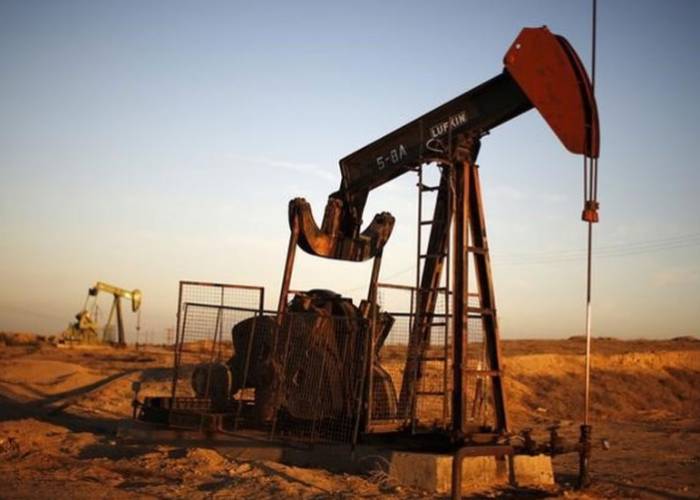Brent crude shoots up 11.8%, West Texas 30% on U.S., Iranian tensions

AN upward swing in the prices of oil on Thursday rekindled hope of rebounds at the international market.
Brent crude, the international benchmark which is Nigeria’s oil equivalent rose by 11.8 per cent, trading at $22.79 per barrel, while West Texas Intermediate, the U.S. benchmark, jumped 30 per cent ($4.18 higher), trading at $17.96 per barrel.
The rise was fueled in part by President Donald Trump’s threat that the U.S. would “destroy” any Iranian gunboats that harass American ships in the oil-rich Persian Gulf, said BjornarTonhaugen, Head of Oil Markets at Rystad Energy.
There was also optimism in the market that with oil prices at historic lows, producers will continue to scale back on production and shut-in wells.
Oklahoma regulators said they would help producers shut wells without taking away leases, which Tonhaugen said was “a relief for producers that want to cut some output but were hesitating due to regulatory consequences.”
But oil’s strength over the last two days has done little to dent crude’s enormous 75 per cent loss this year as the coronavirus pandemic sapped about a third of global demand
“The ultimate complication is that storing oil costs money, and storage facilities aren’t unlimited,” Howard Marks, co-founder of Oaktree Capital Management, told CNBC in an email. “Right now storage is scarce and thus expensive, so it’s not worth it to buy oil today and store it. The cost of storing exceeds the value today; thus the price is negative.”
As the June WTI contract nears expiration on May 19, some are warning that it could plunge in the same way that the May contract did.
“June could see storage tanks struggling to come off highs, in which case the days leading to expiry next month could see yet another squeeze,” Francesco Martoccia, senior associate in commodity research at Citi, wrote in a note to clients.

